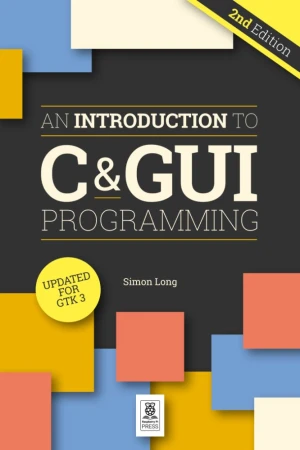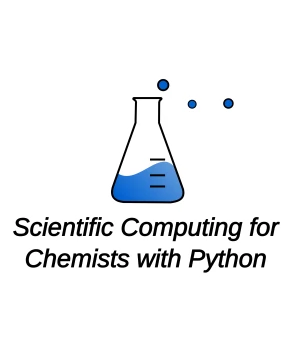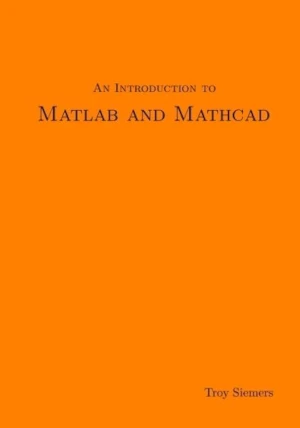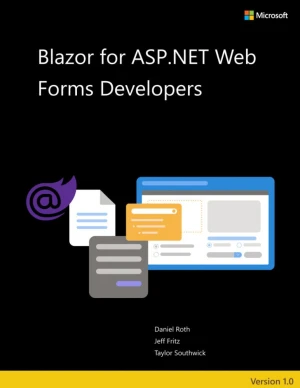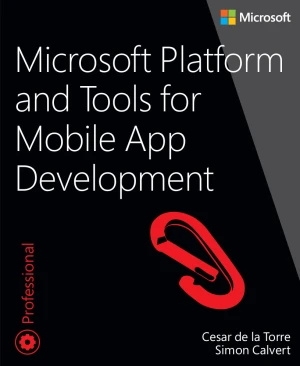Android on x86
An Introduction to Optimizing for Intel Architecture
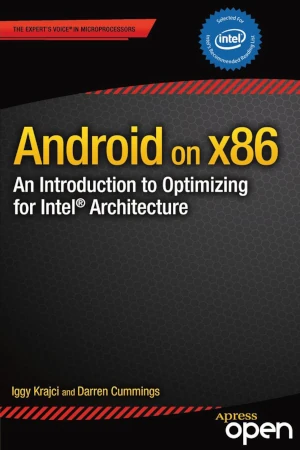
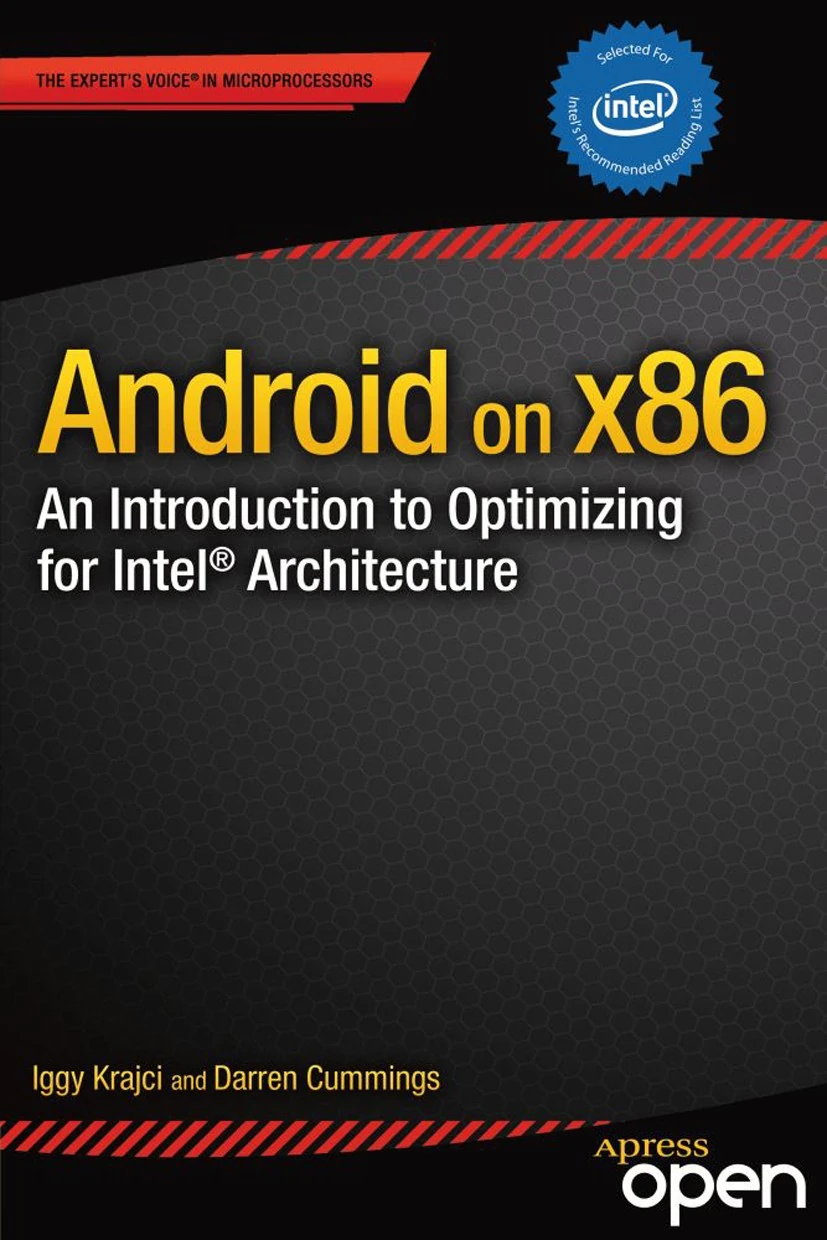
Book Details
| Authors | Iggy Krajci, Darren Cummings |
| Publisher | Apress |
| Published | 2013 |
| Edition | 1st |
| Paperback | 380 pages |
| Language | English |
| ISBN-13 | 9781430261308, 9781430261315 |
| ISBN-10 | 1430261307, 1430261315 |
| License | Apress Open |
Book Description
Android on x86: an Introduction to Optimizing for Intel Architecture serves two main purposes. First, it makes the case for adapting your applications onto Intel’s x86 architecture, including discussions of the business potential, the changing landscape of the Android marketplace, and the unique challenges and opportunities that arise from x86 devices. The fundamental idea is that extending your applications to support x86 or creating new ones is not difficult, but it is imperative to know all of the technicalities. This book is dedicated to providing you with an awareness of these nuances and an understanding of how to tackle them.
Second, and most importantly, this book provides a one-stop detailed resource for best practices and procedures associated with the installation issues, hardware optimization issues, software requirements, programming tasks, and performance optimizations that emerge when developers consider the x86 Android devices. Optimization discussions dive into native code, hardware acceleration, and advanced profiling of multimedia applications. The authors have collected this information so that you can use the book as a guide for the specific requirements of each application project.
This book is not dedicated solely to code; instead it is filled with the information you need in order to take advantage of x86 architecture. It will guide you through installing the Android SDK for Intel Architecture, help you understand the differences and similarities between processor architectures available in Android devices, teach you to create and port applications, debug existing x86 applications, offer solutions for NDK and C++ optimizations, and introduce the Intel Hardware Accelerated Execution Manager. This book provides the most useful information to help you get the job done quickly while utilizing best practices.
If you enjoyed the book and would like to support the author, you can purchase a printed copy (hardcover or paperback) from official retailers.
Download and Read Links
Share this Book
[localhost]# find . -name "*Similar_Books*"
An Introduction to C & GUI Programming, 2nd Edition
Freshly updated for GTK3, the 2nd edition of An Introduction to C & GUI Programming will teach you all you need to know to write simple programs in C and start creating GUIs, even if you're an absolute beginner. The first half of the book is an introduction to C, and covers the basics of writing simple command-line programs. The second half shows h
Scientific Computing for Chemists with Python
Scientific computing utilizes computers to aid in scientific tasks such as data processing and digital simulations, among others. The well-developed field of computational chemistry is part of scientific computing and focuses on utilizing computing to simulate chemical phenomena and calculate properties. However, there is less focus in the field of
An Introduction to Matlab and Mathcad
This text is used in a mathematical software course at VMI that provides an introduction to Matlab and Mathcad. However, Troy Siemers also intends it to be a course book instead of an all inclusive resource. He encourages his students to take full advantage of the built-in help capabilities of these software packages, additional texts (he keeps a f
Blazor for ASP NET Web Forms Developers
Blazor is a new web framework that changes what is possible when building web apps with .NET. Blazor is a client-side web UI framework based on C# instead of JavaScript. With Blazor you can write your client-side logic and UI components in C#, compile them into normal .NET assemblies, and then run them directly in the browser using a new open web s
An Introduction to Python Jupyter Notebooks
This book is an introduction to the use of Python Jupyter Notebooks (JNBs) for college math teachers and their students. Each chapter contains a JNB lab with solutions. Experienced teachers can modify these labs and create new labs tailored to their courses. The chapters were written by different authors/authorship teams, and as such, vary in style
Microsoft Platform and Tools for Mobile App Development
Understanding and creating a mobile app development strategy is an important process for today's development decision-makers opening up new business opportunities or empowering employees to be more productive with new capabilities. Microsoft defines an end-to-end platform for the agile creation of mobile apps that can target any platform (iOS, Andr

